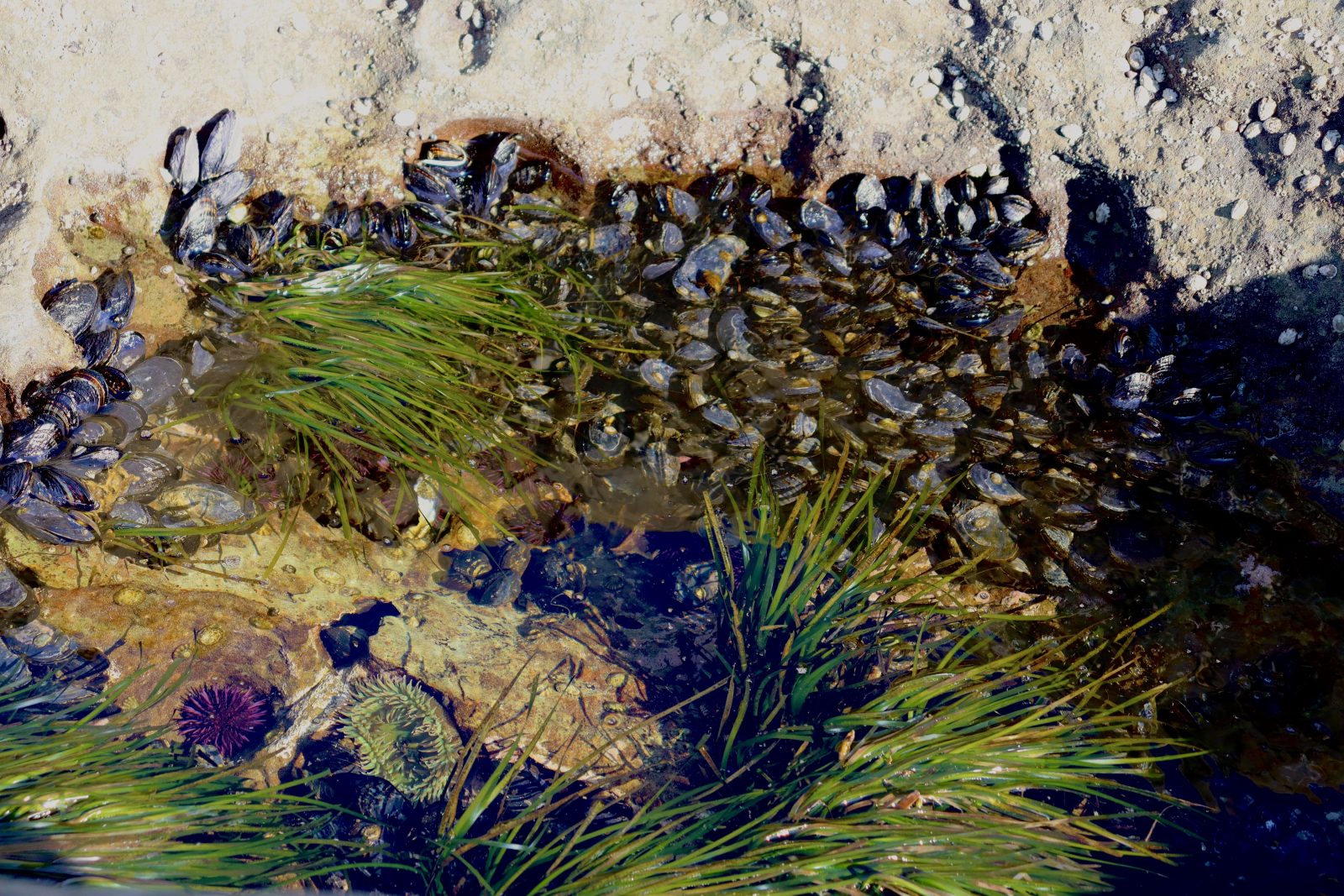
James Tour: Primordial Soup Bluffing Goes Right to the Top
Today’s ID the Future features another installment in James Tour’s hard-hitting and evidence-based YouTube series on abiogenesis. Here Dr. Tour, a world-leading synthetic organic chemist at Rice University, describes the early Earth primordial soup concept for the origin of first life (OOL) and shows why it’s simplistic, bogus, and doesn’t represent the current science on the issue. He also reviews survey data showing just how misinformed the public is about how far scientists have gotten in creating life in the lab. One critic of Tour protested that the simplistic primordial soup story might be found in highly simplified textbooks for sixth graders but isn’t peddled at higher levels. Tour provides video evidence to the contrary.






